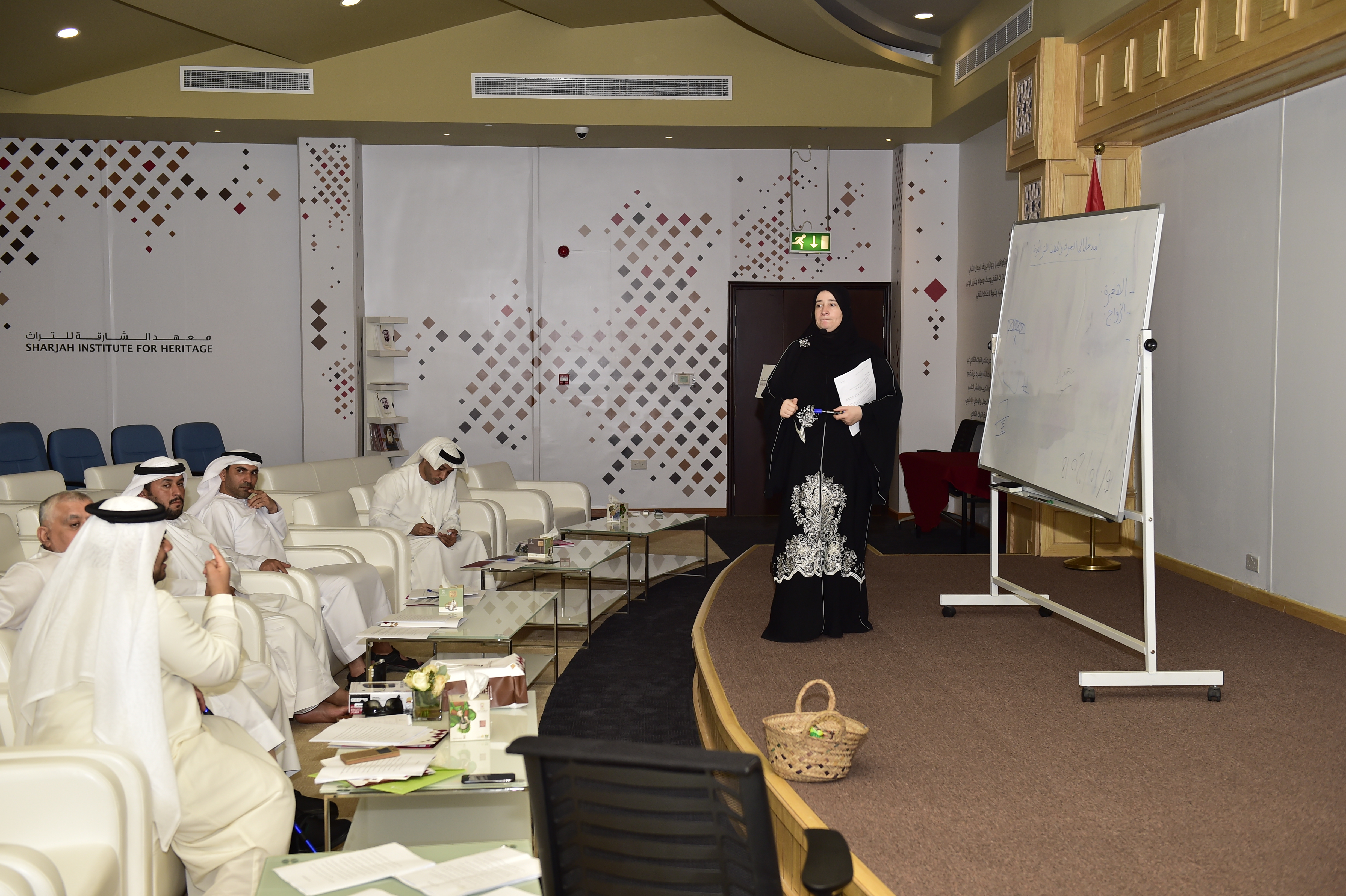Architectural Heritage diploma
“Architectural Heritage” diploma
Objectives: This diploma aims to provide trainees with the knowledge and skills for introductory study of architectural heritage, including common terms and concepts, as well as classifying architectural heritage based on scientific criteria.
Intended audience (who is eligible for this?)
High school graduates, who wish to work and join cultural heritage institutions and those who have experience in the field work in archaeological sites.
Courses:
1- Introduction to Architectural Heritage
This course introduces architectural heritage, in terms of its basic and current concepts, components, topics, values and plans to work in its fields, monitoring sources of information on architecture in our Arab and Islamic world, and the scientific standards in classifying architectural heritage.
2- Principles of Architecture Art
This course introduces the principles of the contemporary architecture, in terms of the basics, principles, concepts, philosophical foundations and historical trends
3- International Organizations & Conventions
This course introduces the world heritage from international and regional organizations concerned with safeguarding architectural heritage, in terms of their tasks and roles. It also focuses on key international conventions in the field of architectural heritage restoration and preservation.
4- Approaches in Maintenance & Restoration
This course introduces the practical and field applications in heritage sites, highlights the importance of combining the theoretical and practical aspects in the fields of restoration and the need for specialized workshops in restoration and maintenance, and identifies challenges facing the field.
5- Sustainability of Heritage Sites
The course introduces the concept of preserving architectural heritage and heritage sites and their sustainability, and the ways to preserve the landmarks of the past for future generations.
6- History of Sustainable Urban Planning
This course introduces a comprehensive view of urban planning with all its natural, economic, social and environmental aspects to ensure a balanced residential environment for the population and to maintain the process of sustainable local and economic development in the future.
7- Field Research
This course deals with the application of field operations in heritage and historical sites and identification of the potential challenges in the restoration and maintenance of archaeological sites.
